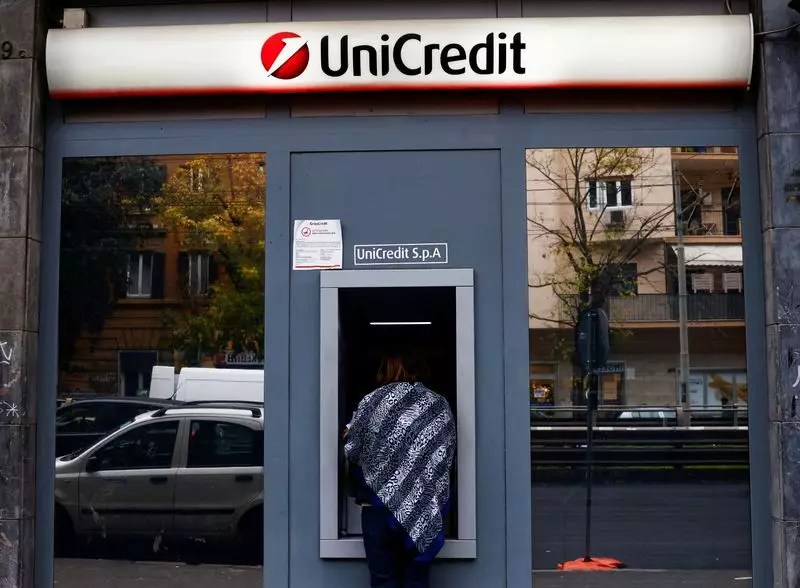The recent announcement by UniCredit to acquire rival Banco BPM marks a significant move within the Italian banking sector. CEO Andrea Orcel’s strategic intent reflects a robust understanding of market dynamics and shareholder value, positioning the offer as crucial in an environment ripe for consolidation. The deal, amounting to approximately €10 billion, raises important questions about the future of both banks and the broader implications for the industry.
UniCredit made its official bid for Banco BPM, filing the necessary documents with Italy’s market regulator. This all-share proposal indicates a pivotal moment in the ongoing consolidation within Italy’s banking landscape. The urgency stems from growing pressure on banks to enhance efficiency and profitability amid challenging economic conditions. Orcel emphasized that any merger must generate substantial shareholder value — ideally exceeding what might be derived from self-return strategies like share buybacks.
Moreover, the timing of this bid is particularly relevant in light of ongoing discussions around the acceleration of domestic consolidations within the banking industry. Historically, UniCredit has considered BPM to be a lucrative target; however, past price premiums associated with BPM’s shares had deterred immediate actions. Nonetheless, the current competitive pressures have led Orcel to act decisively, indicating a strategic pivot towards mergers to bolster growth and stability.
The specifics of UniCredit’s offer reveal a thoughtful approach to ensuring attractiveness for Banco BPM shareholders. Orcel has articulated confidence in the proposal’s fairness, citing a modest premium of 0.5% over BPM’s share price prior to the bid. However, the market responded differently, valuing Banco BPM shares well above this offer, suggesting skepticism among investors regarding the adequacy of the proposed terms. This discrepancy indicates investor anticipation of either enhanced negotiations or a potential revision of the offer.
The calculated risk taken by Orcel is notable. His previous experiences in mergers and acquisitions inform his decision-making, and he insists that the deal is designed to offer a return on investment of at least 15%. This target not only frames expectations for Banco BPM shareholders but also amplifies the pressure on UniCredit to deliver on its promises.
Orcel’s assertion that Banco BPM investors would be better off holding UniCredit shares reflects a confident projection about future performance. The rationale lies in UniCredit’s superior resilience and diversified portfolio advantages, especially as the economic climate becomes increasingly turbulent. This assertion is intended to persuade shareholders of Banco BPM to consider the benefits of the merger beyond immediate financial returns.
It is also significant that Orcel has opened a dialogue with Credit Agricole, Banco BPM’s largest shareholder, hinting at potential commercial partnerships. This strategy aims to consolidate support from influential stakeholders, thereby fortifying UniCredit’s position. Credit Agricole’s recent maneuvers to increase its stake could complicate negotiations, but also indicate a strong interest in the prospects of a merged entity.
The implications of UniCredit’s bid for Banco BPM transcend mere financial arrangements; they encapsulate a strategic response to prevailing market pressures. Orcel’s commitment to a disciplined M&A approach guarantees that any outcomes from this offer will adhere to affirmed financial metrics, ensuring the overall stability of UniCredit.
As both banks navigate these tumultuous waters, the consolidation reflects broader trends affecting regional and global banking sectors, including the need for enhanced efficiencies, improved customer value propositions, and competitive resilience. The success of this merger will undoubtedly serve as a case study in strategic alignment, value creation, and stakeholder management in banking.


Leave a Reply